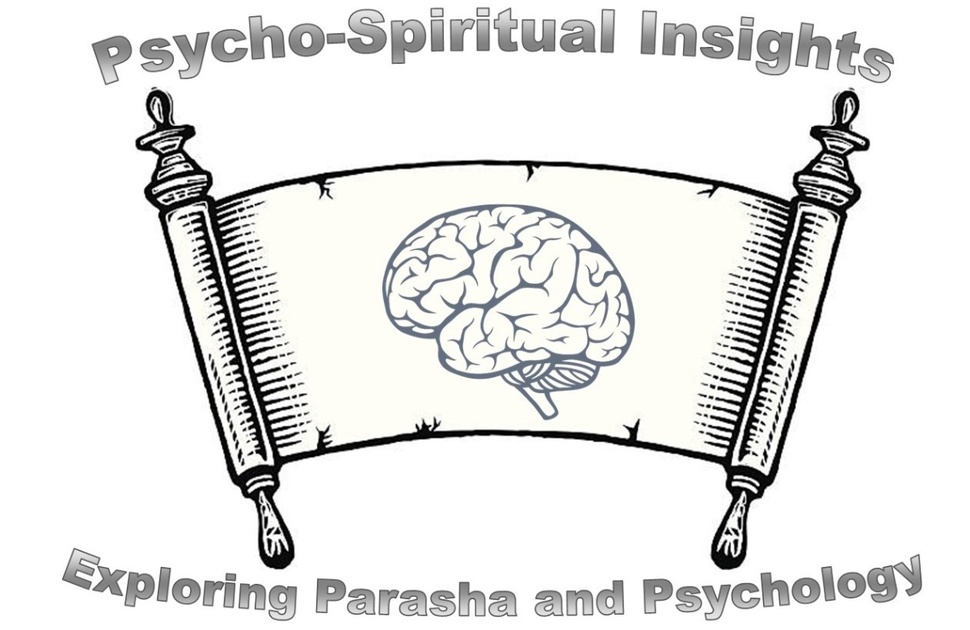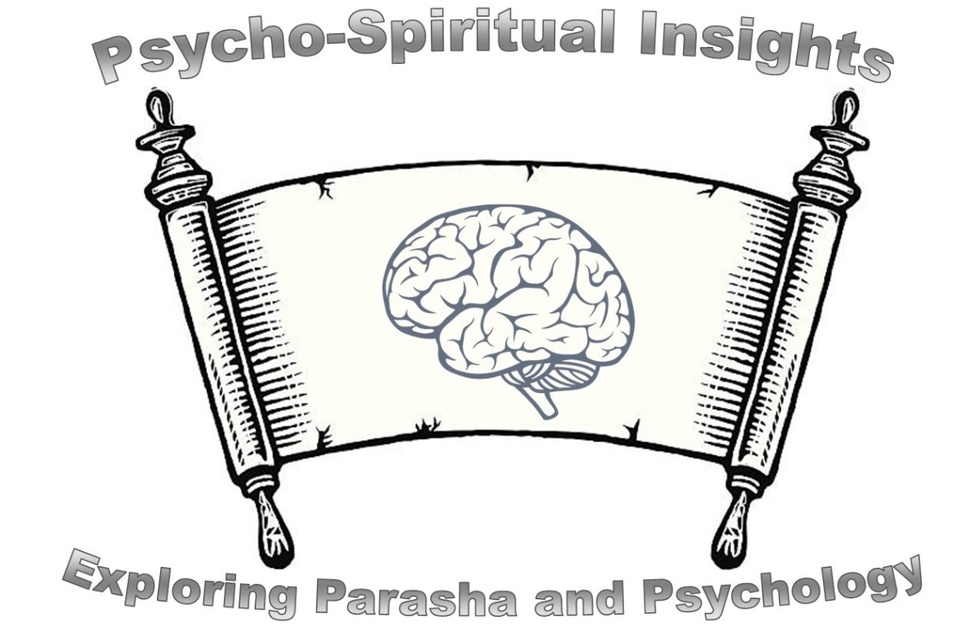
Parasha Lech Lecha begins the story of the birth of Bnei Yisrael. While many of us are familiar with the quality of ‘Chesed’ – Loving kindness being directly associated with Avraham, one of his key qualities that is understated is one of his ability to show gratitude. The Parsha provides us with keen insight into the psychological concept of cultivating an attitude of gratitude.
The beginning of the Parsha states: “And the Lord appeared to Abram, and He said, To your seed I will give this land, and there he built an altar to the Lord, Who had appeared to him (12:7).” This passuk provides us a powerful lesson in gratitude.
Gratitude is a positive emotional response characterized by acknowledging and appreciating the benefits, kindness, or positive experiences received from others or life circumstances. The Or HaChaim writes the Torah wishes to compliment Avraham on his great love for Hashem, since Hashem appeared to him and promised him not only children but that his descendants would inherit Artez Yisrael. Avraham considered the mere fact that Hashem appeared to him as sufficient reason to build an altar! The feeling that Hashem had deemed him worthy to appear to him was so overpowering that Avraham considered the promise of children and of the land as secondary. This is why the Torah stresses that he built the altar "to the Hashem who appeared to him." This led Rav Twerski to conclude that the first words we utter in the morning are ‘Mode Ani – Thankful I am’ and the emphasis given to expressing gratitude indicates its overwhelming importance. The spiritual person is a grateful person.
This can further be seen daily during the repetition of the Amida. There is a curious conundrum that our silence during the repetition of the Amida is pierced by the congregation bowing and reciting Modim D’Rabanan. The Rambam writes Everyone stands, listens, and recites ‘Amen’ after each and every Bracha but not at Modim. Here we join the Chazan and simultaneously recite ‘Modim Anachnu Lach - We are grateful to You.’ Rav Soloveitchik writes that when it comes to showing gratitude it is not enough to just follow along with someone else and say Amen, we must personally do it for it to be meaningful. Every person must thank Hashem for themselves for the effort to succeed.
Expressing gratitude doesn't have to be complicated. Here are three easy ways to give gratitude:
Verbal Appreciation:
Simply say "thank you" when someone helps you or does something kind. For example, when your children hold the door open for you, you can say, "Thank you for your thoughtfulness."
Time:
Providing your time or just your presence can sometimes mean the world to someone. This can be perfectly summarized by David Hamlech in Psalms 16:11, "In Your presence is perfect joy."
Acts of Service:
Show your gratitude by doing something helpful for the person in return. Watch someone’s kids, take them a meal, call them to check in.
Incorporating gratitude into your daily routine through practices like gratitude journaling, expressing thanks, or engaging in acts of kindness can cultivate a positive outlook, improve our relationship with Hashem, and enhance overall quality of life. Author Brené Brown writes, “What separates privilege from entitlement is gratitude.” Gratitude is the last truly free gift remaining on this planet. We can learn a valuable lesson from our forefather. Kindness is the quality Avraham is most known for, however gratitude is the precursor and building block for gratitude. May we all cultivate more gratitude into our lives and experience the ripple effect of receiving its gifts.
Elan Javanfard, M.A., L.M.F.T. is a Consulting Psychotherapist focused on behavioral health redesign, a Professor of Psychology at Pepperdine University, & a lecturer related to Mindfulness, Evidence Based Practices, and Suicide Prevention. Elan is the author of Psycho-Spiritual Insights: Exploring Parasha & Psychology, weekly blog. He lives in Los Angeles Pico Robertson community with his wife and three children and can be reached at Elan.Javanfard@gmail.com.
 Previous
Previous

